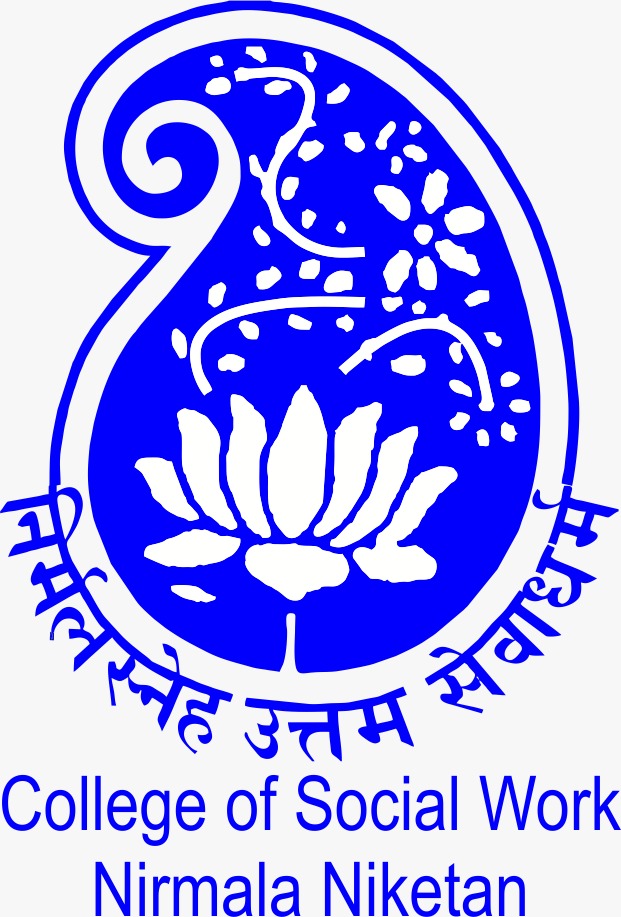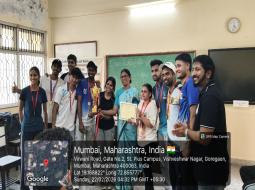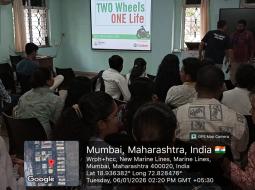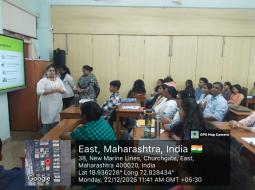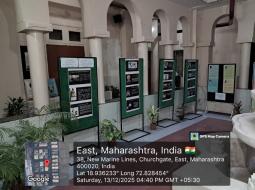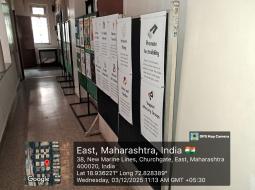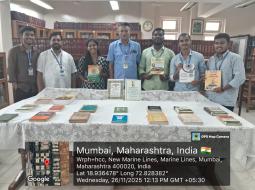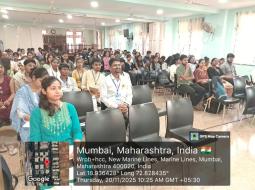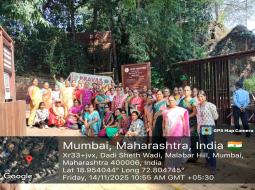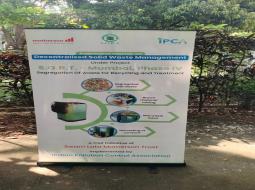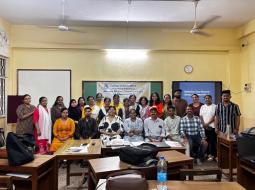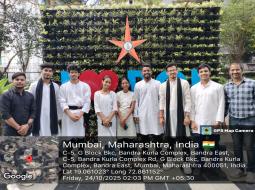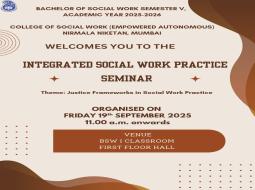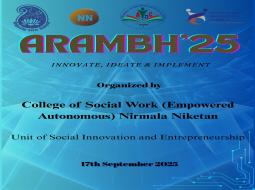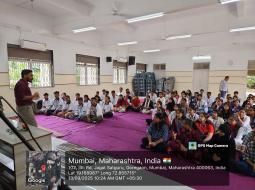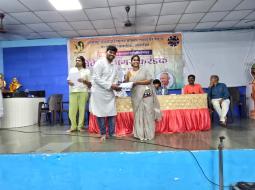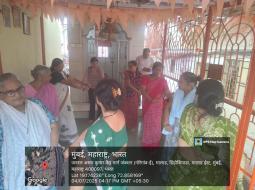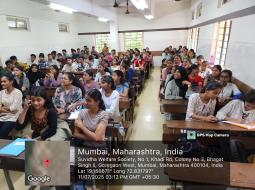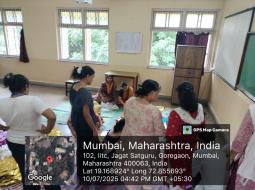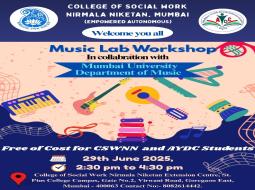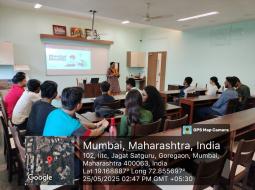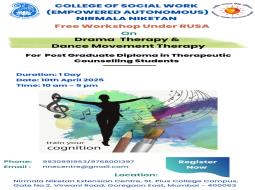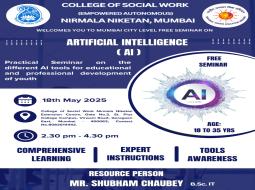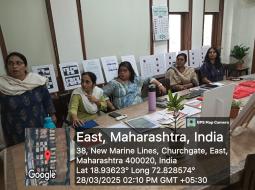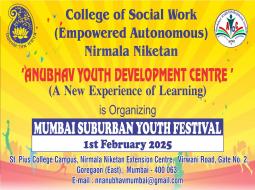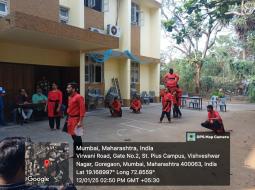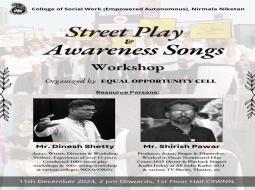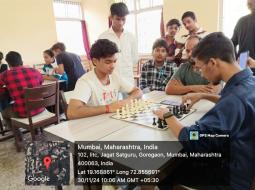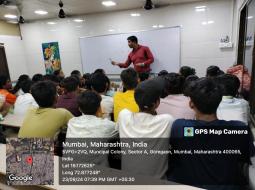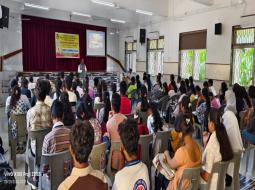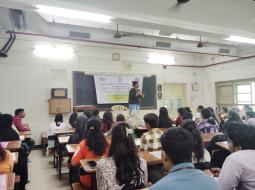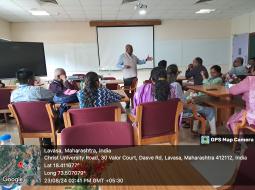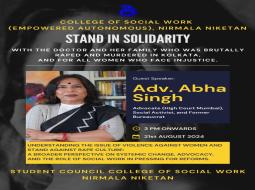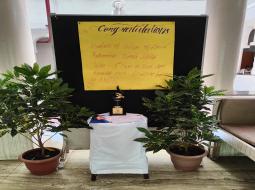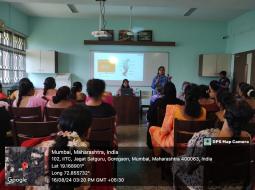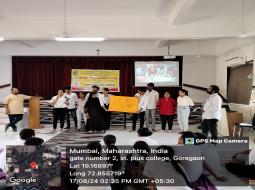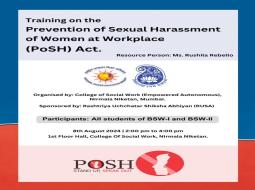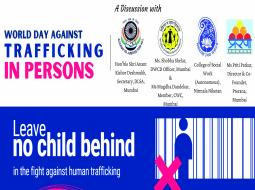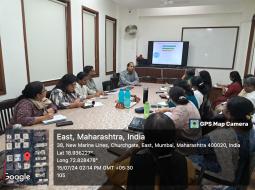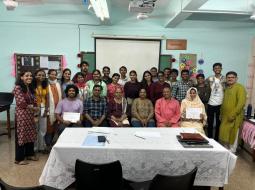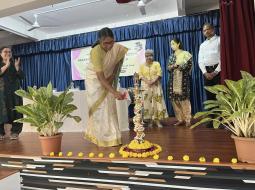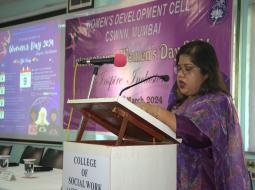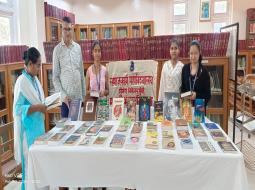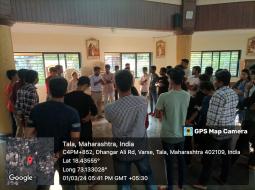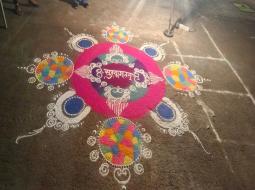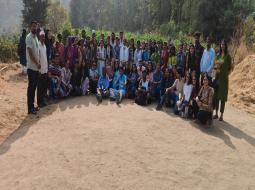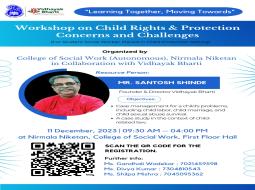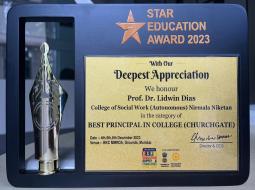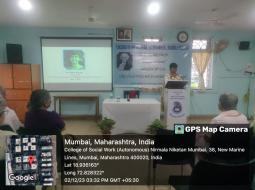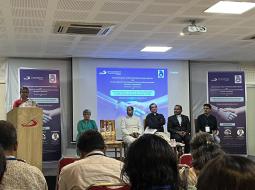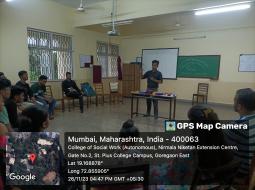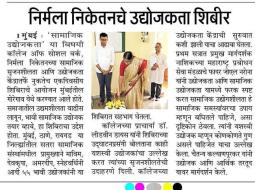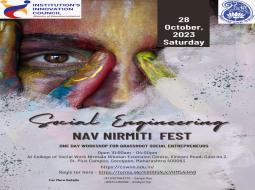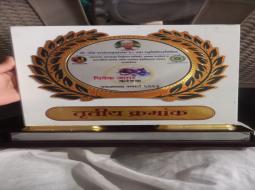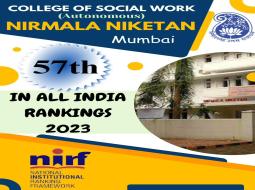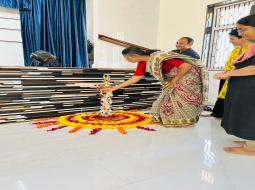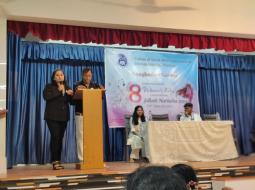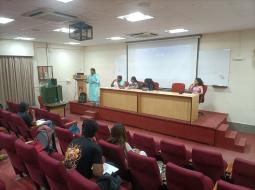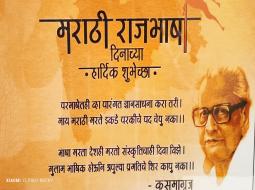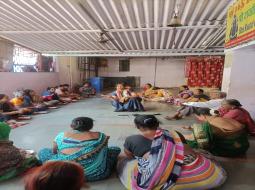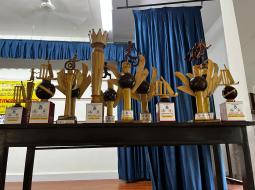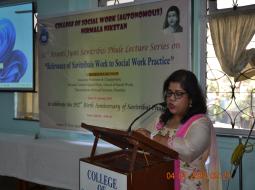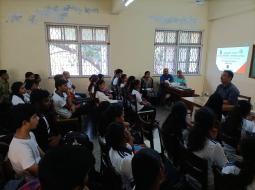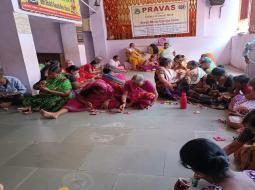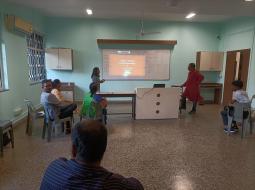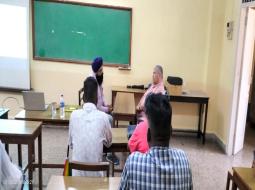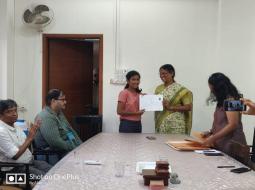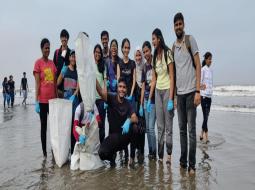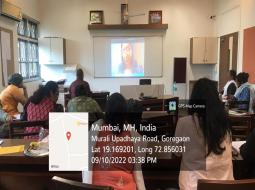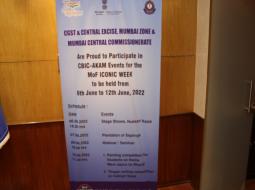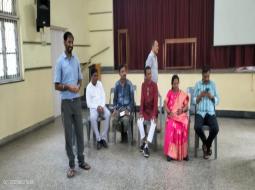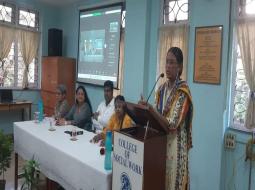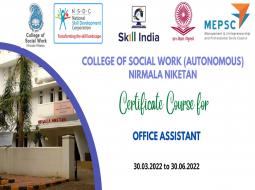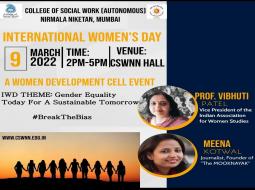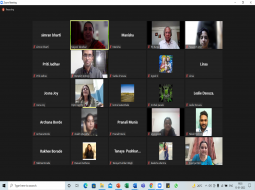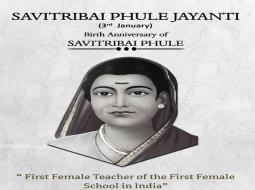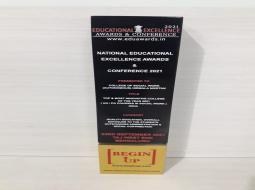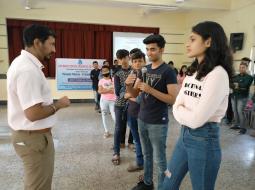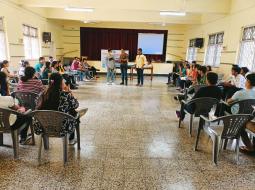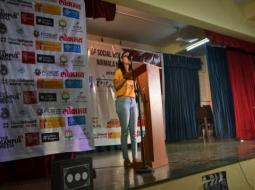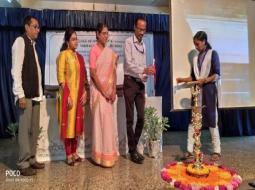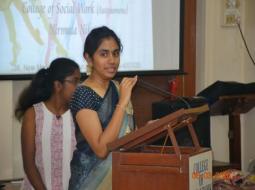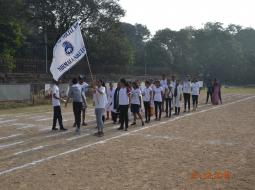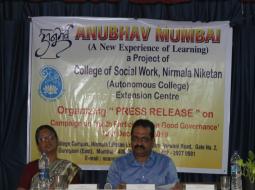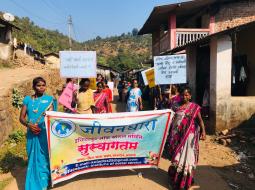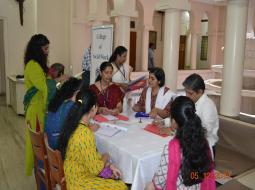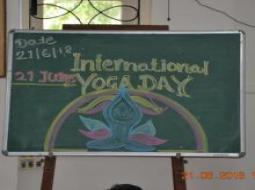The college has initiated more than 40 field action projects in the past 65 years.
The College has always been keenly aware of the need to provide relevant and effective services to people, especially in those areas where services are inadequate or non-existent. Over the years, therefore, many innovative projects were initiated to address the needs of vulnerable groups such as street children, construction workers, children of commercial sex workers, tribals in remote areas and other similar groups.
Our innovative field action projects include Prerana, Vatsalya, Vasundhara, Sakhya, Setu, Pratham, Nirman, Salokha, Ankur and Anubhav Mumbai, etc. Some of these projects have moved on to become independent NGOs and continue to contribute to the development of these groups today.
Some of the prominent projects are listed here.
Kumbharwada Community Project
This is the first field action project of the college, which started in 1956. College of Social Work began a dispensary that provided much-needed health services for the Kumbharwada Community in Dharavi slum of Mumbai. This project continued to grow with an independent potters’ cooperative with updated modern and technical know-how which strengthened their economic base and increased self-reliance. Until the 1980s, the College provided professional expertise and consultation until Kumbharwada became an independent and sustainable community with its own community centre and cadre of workers.
Family Service Centre (FSC)
FSC was set up to provide professional services to families in need in 1959. Its overarching goal was to preserve and strengthen the family and it was a pioneering agency in non-institutional services for children through adoption, foster care and sponsorship. Up to today, the Family Service Centre (now an independent NGO) continues its vision of keeping families together and has expanded its mission to include the empowerment of women in slums as well as fisherfolk communities in Mumbai.
Chuim Community Centre
The urban slum communities in Khar-Danda, a suburb in Mumbai, grew rapidly with the migrant population coming from different states of the country mainly for economic reasons. These migrant families faced conditions of inequality, exploitation, social injustices, and oppression on lines of caste, class, gender, patriarchy, region and religion. Women found it easier to attain employment as domestic workers in the nearby high rise apartments, while men, who were generally unskilled, were hired as day laborers. The Chuim Community Centre provided much needed basic services of child care, education, health, and livelihood opportunities
Youth for Unity and Voluntary Action (YUVA)
YUVA emerged in 1983. This project was effective in influencing state policy on housing. The organisation actively advocated the causes of displaced slum dwellers and worked for their rehabilitation. Today YUVA (an independent NOG) has received international recognition for its work on child labour and advocacy for implementing social policies. YUVA introduced a people’s planning model in creating a city based movement against oppression of the poor (www.yuvaindia.org).
Educational Cell
Through the Education Cell, which began in 1984, the College attempted to work on increasing the attendance and improving the academic performance of municipal school children. This cell was initiated as part of the Mumbai Literacy Campaign. Pavement schools, non-formal education classes and provision of services in schools and communities were initiated through field work placements of social work students.
Prerna
In July 1985, Prerna began work in Kamatipura, the red-light district of Mumbai. The overarching goal of the project was to safeguard the lives and rights of the children of sex workers. It began with providing nightcare services to the children of women and became an autonomous agency in 1985. It is now working with commercially-sexually exploited women and their children to prevent second-generation trafficking and exploitation and has innovative programmes for the children of women who are sexually exploited.
Nirman
Nirman, the Construction Workers’ project, was an offshoot of a student placement in mobile crèches, wherein it was found that there was need for more direct intervention in construction workers’ problems than merely focusing on the needs of their children. Nirman was initiated in 1985 with the aim of working with unorganised construction workers, to advocate for their rights as workers and create access to services that they were otherwise unaware of or denied. The issues tackled at the nakas (street corners) included police harassment and inter-group disputes through collaborative talks, public meetings, raising awareness of existing laws and formation of a core group to strategize the formation of a Sanghatan
Sakhya
Project Sakhya was initiated by the Divisional Office of Social Welfare under the Collector of Bombay in 1986 to work against the practice of dowry in the city. In addition to responding to individual cases of dowry harassment, the cell was also called upon to respond to a wider set of problems affecting women in the city such as marital problems, sexual abuse, unregulated work hours, shelter needs, and legal aid. Specific activities included counselling, legal aid and socioeconomic rehabilitation. Gradually, Sakhya joined the larger women’s movement on various contextual issues.
Setu
Setu, established in 1992, sought to empower vulnerable and unorganised domestic workers and to build a bridge between individual domestic workers, association, home based work sector, and the government
AROEHAN
The project began working in the tribal block of Mokhada in Thane district from July 2006. Its objective is to reduce and subsequently eliminate malnutrition. The project was initiated in the aftermath of several incidents of deaths of tribal children reported in the newspapers in March 2006. The Chief Secretary to the Government of Maharashtra also requested the College to consider working in collaboration with the Government to address specifically the issues related to health and nutrition in the area. Now AROEHAN is one of the prominent NGOs in Palghar district of Maharashtra.
